PI3K/Akt/mTOR Signaling
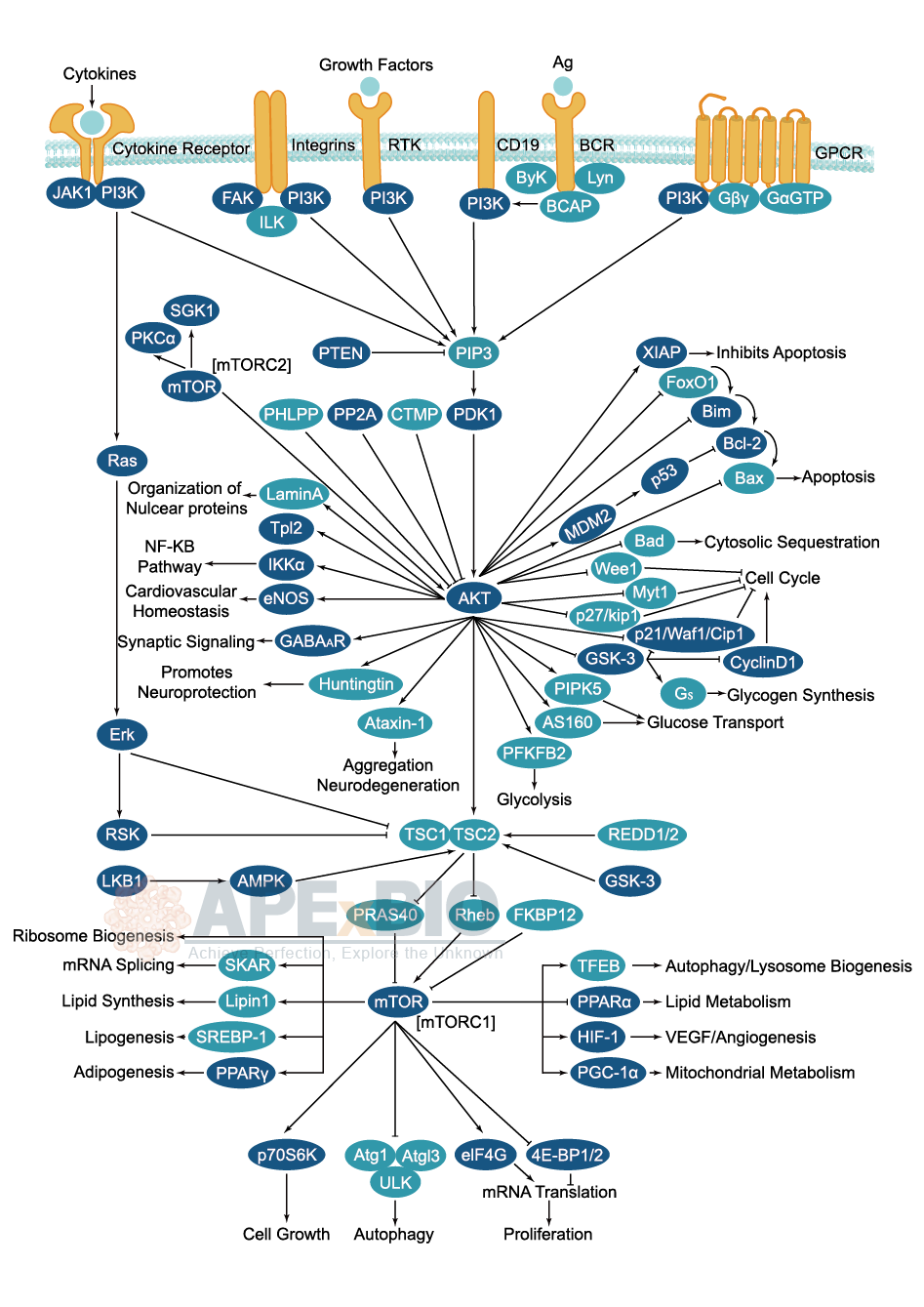
The PI3K/Akt/mTOR signaling pathway is a key regulator in growth, survival, cell cycle proliferation, protein synthesis and glucose metabolism. Growth factors, hormones, and cytokines can activate this pathway by binding their cognate receptor tyrosine kinase (RTK), cytokine receptor, or GPCR, resulting in the activation of lipid kinase PI3K which produces PIP3 at the plasma membrane.
The binding of PIP3 translocates Akt to cell membranes, enables Akt activation through phosphorylation at Thr308 mediated by phosphoinositide dependent kinase 1 (PDK1). In addition, Akt is phosphorylated at Ser473 by the mTOR-rictor complex, mTORC2. PTEN is a negative regulator of Akt signaling that reverses the function of PI3K by removing 3’-phosphate groups. Akt activity is also negatively regulated by the phosphatases PP2A and PHLPP. Akt propagates its signal to affect DNA transcription, cell cycle and apoptosis. Akt can activate mTOR directly by phosphorylation or indirectly, by phosphorylation and inactivation of mTOR inhibitor TSC2 and PRAS40. Together these mechanisms stimulate cell growth and G1 cell cycle progression through signaling via p70 S6 Kinase and inhibition of 4E-BP1. Defects in PI3K/AKT/mTOR signaling are implicated in cancer, diabetes and cardiovascular disease etc.
-
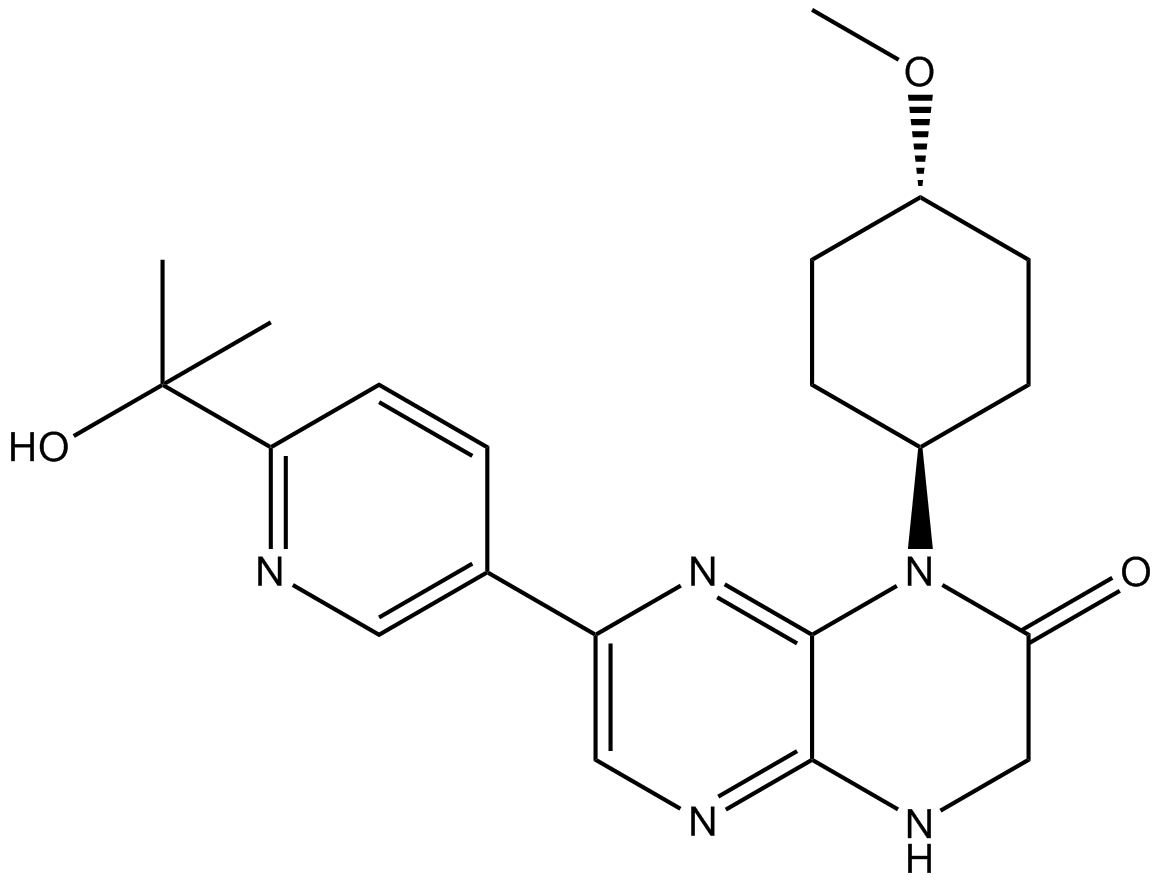 B6171 CC-223Summary: mTOR inhibitor, orally bioavailable
B6171 CC-223Summary: mTOR inhibitor, orally bioavailable -
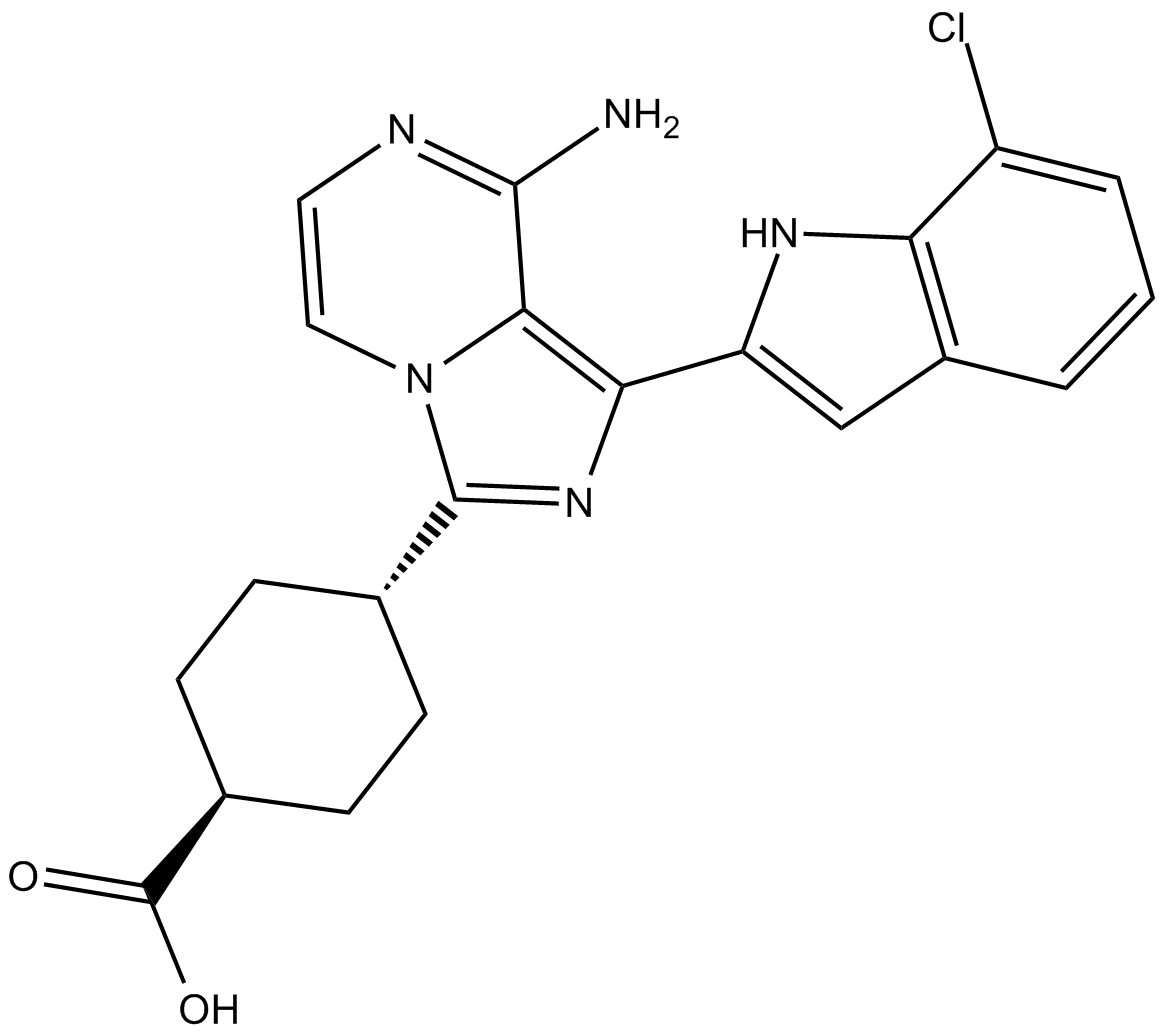 C4204 OXA-01Summary: mTORC1 and mTORC2 inhibitor
C4204 OXA-01Summary: mTORC1 and mTORC2 inhibitor -
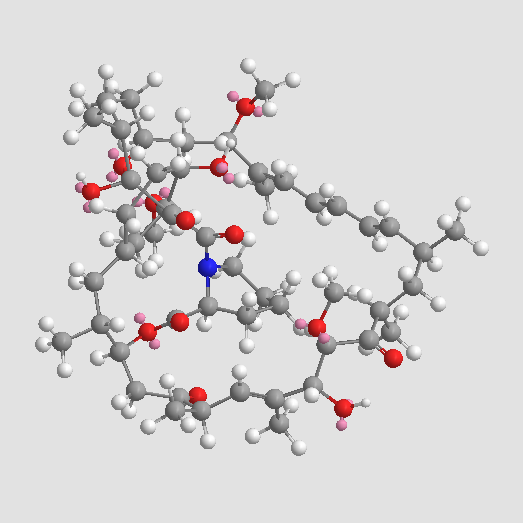 A8167 Rapamycin (Sirolimus)15 CitationTarget: mTORSummary: Original antifungal antibiotic
A8167 Rapamycin (Sirolimus)15 CitationTarget: mTORSummary: Original antifungal antibiotic -
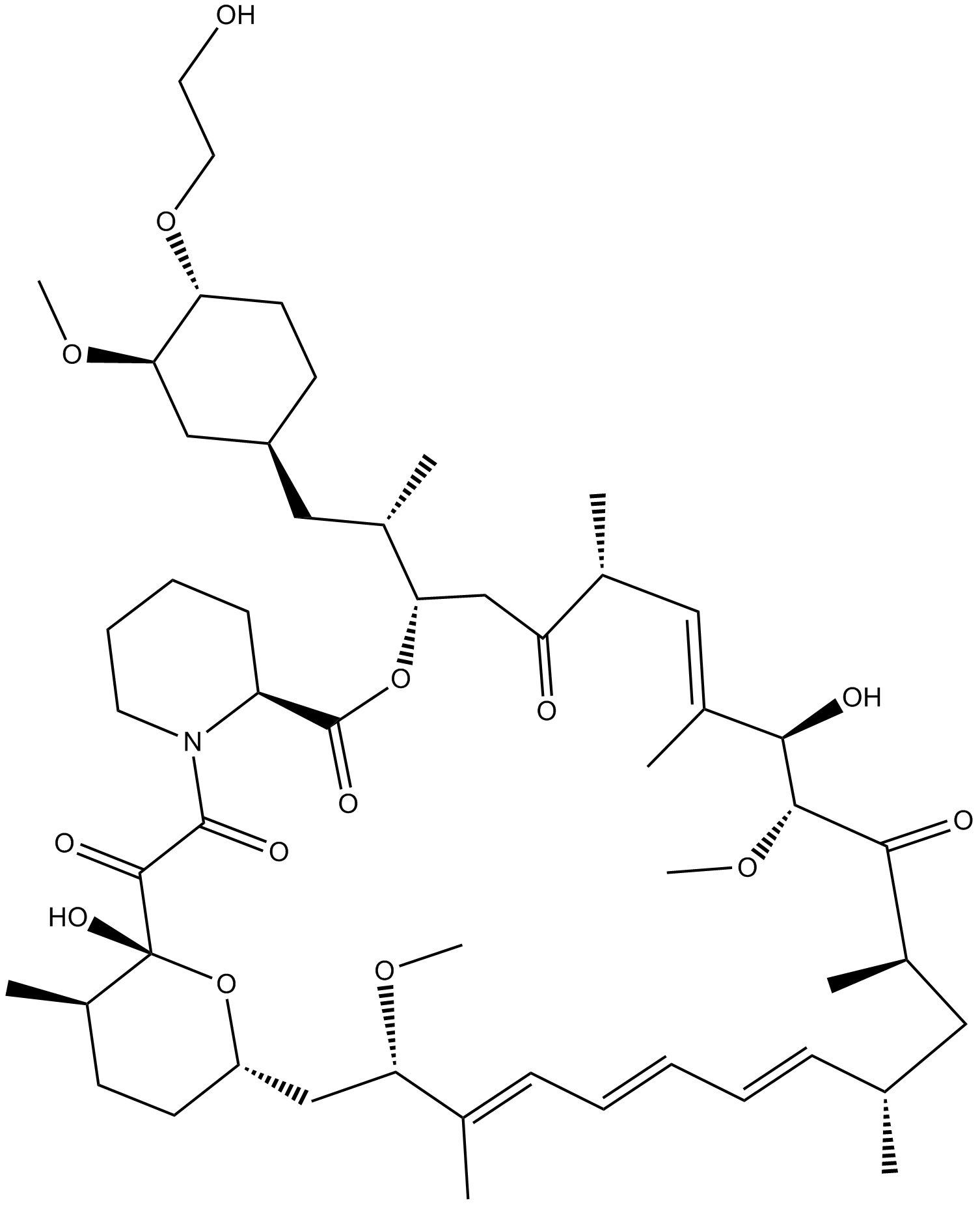 A8169 Everolimus (RAD001)8 CitationTarget: mTORSummary: MTOR inhibitor
A8169 Everolimus (RAD001)8 CitationTarget: mTORSummary: MTOR inhibitor -
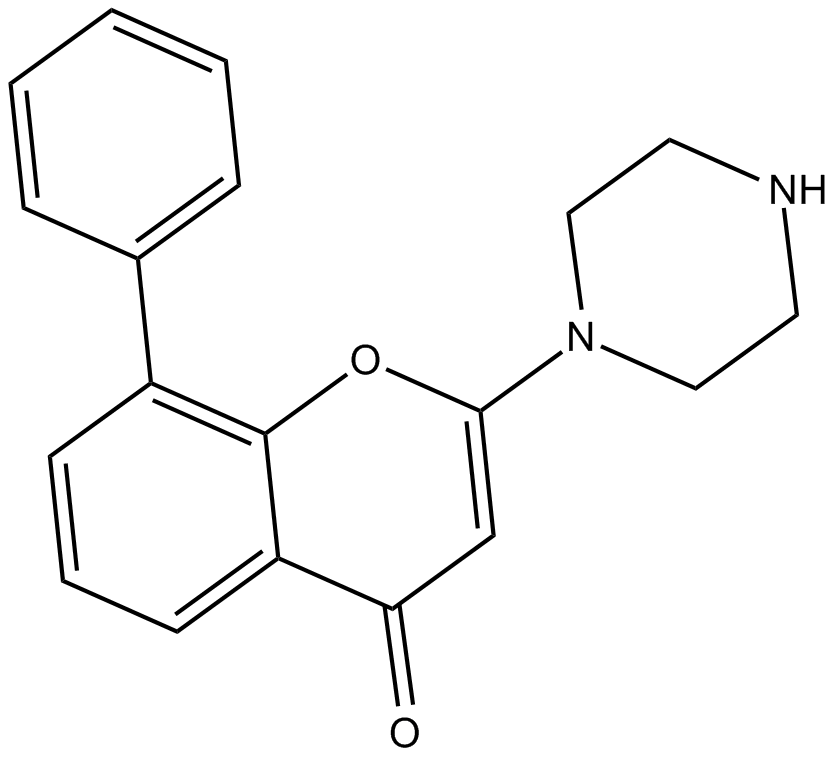 A3568 LY 303511Summary: MTOR inhibitor
A3568 LY 303511Summary: MTOR inhibitor -
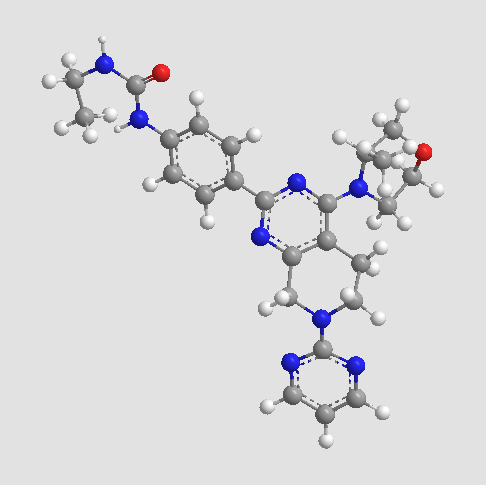 A3637 GDC-mTOR inhibitorSummary: MTOR inhibitor
A3637 GDC-mTOR inhibitorSummary: MTOR inhibitor -
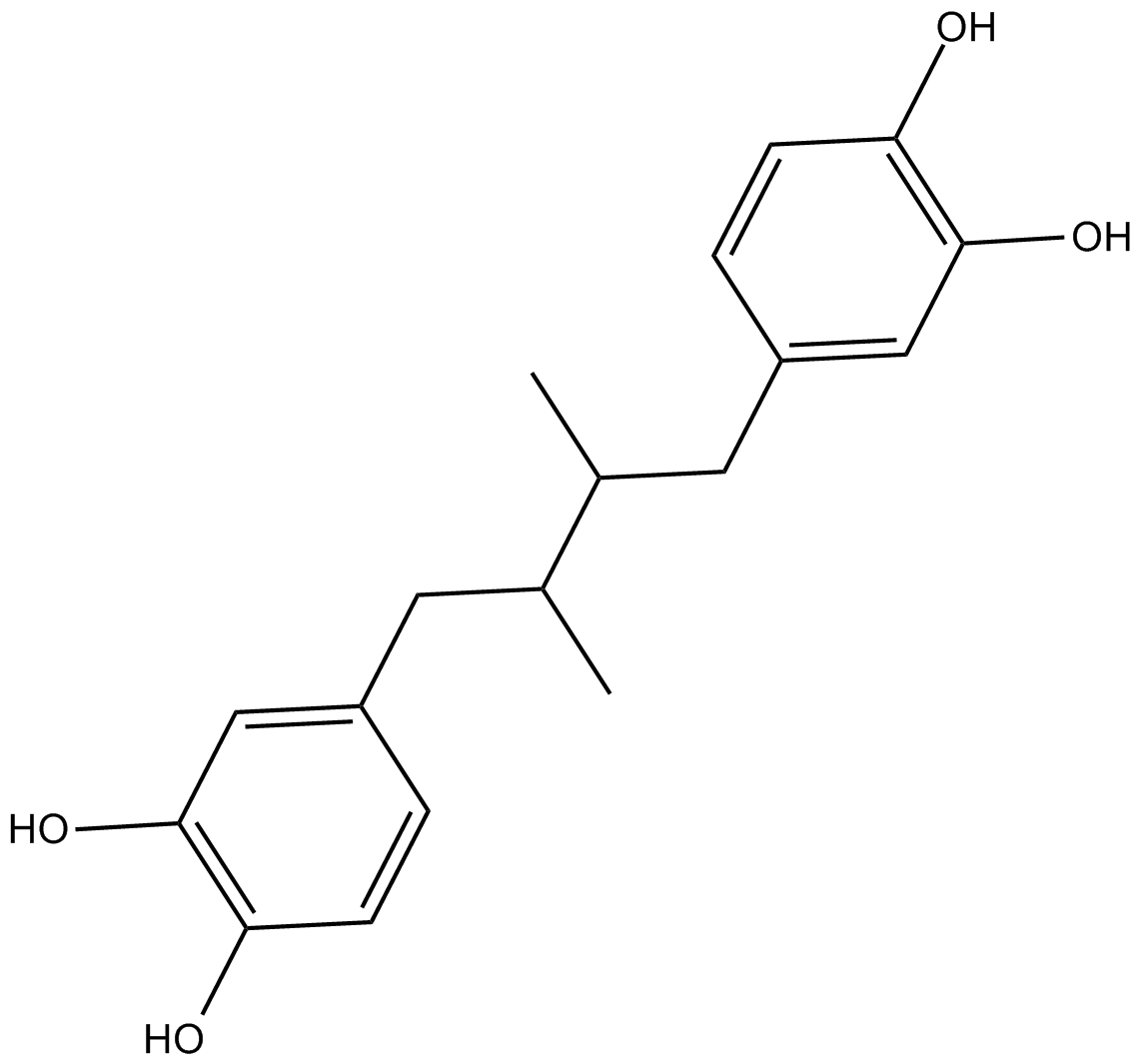 A3664 Nordihydroguaiaretic acidSummary: Anti-tumor agent;lipoxygenase inhibitor
A3664 Nordihydroguaiaretic acidSummary: Anti-tumor agent;lipoxygenase inhibitor -
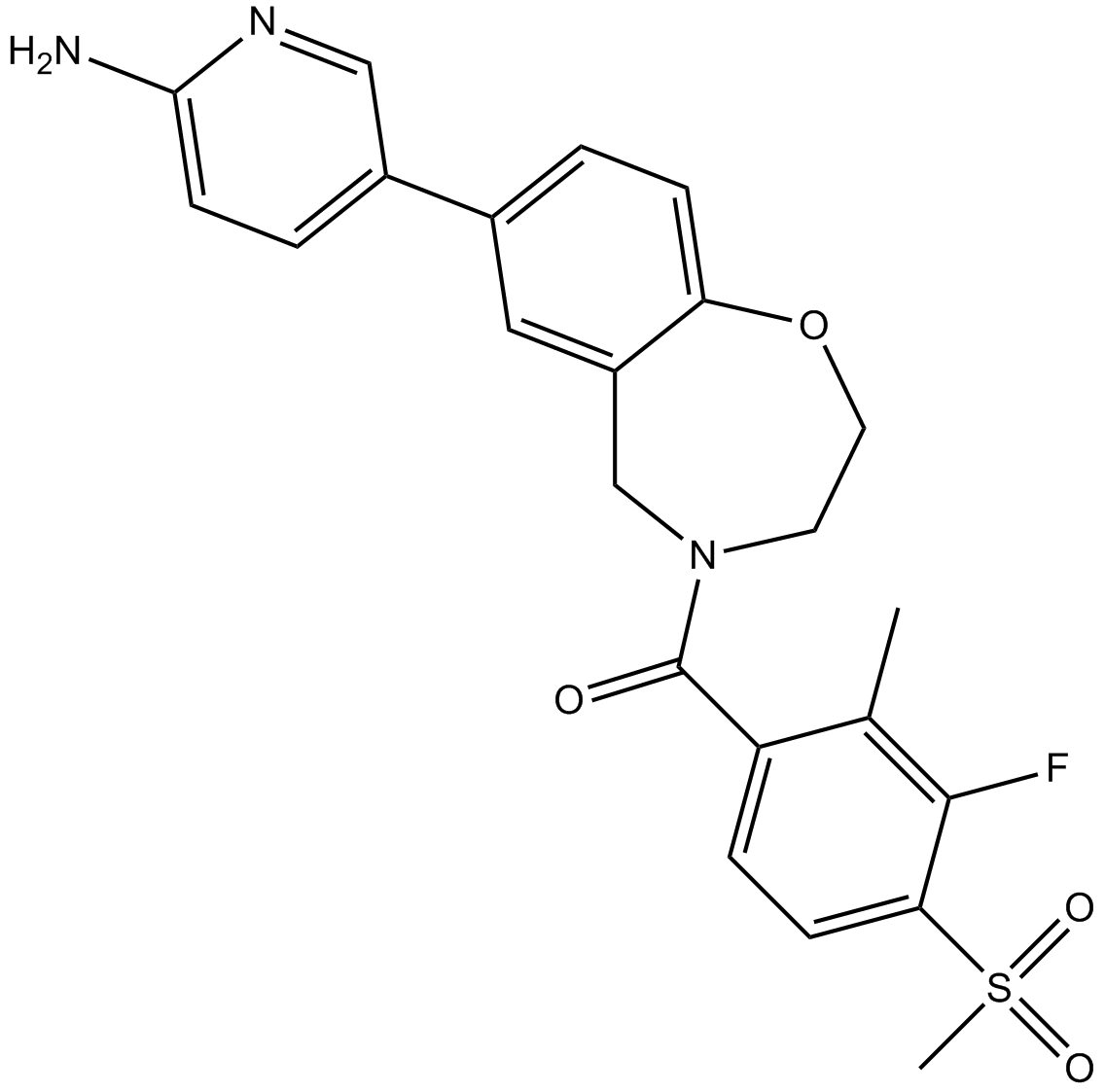 A3940 XL388Summary: MTOR inhibitor,highly potent and selective
A3940 XL388Summary: MTOR inhibitor,highly potent and selective -
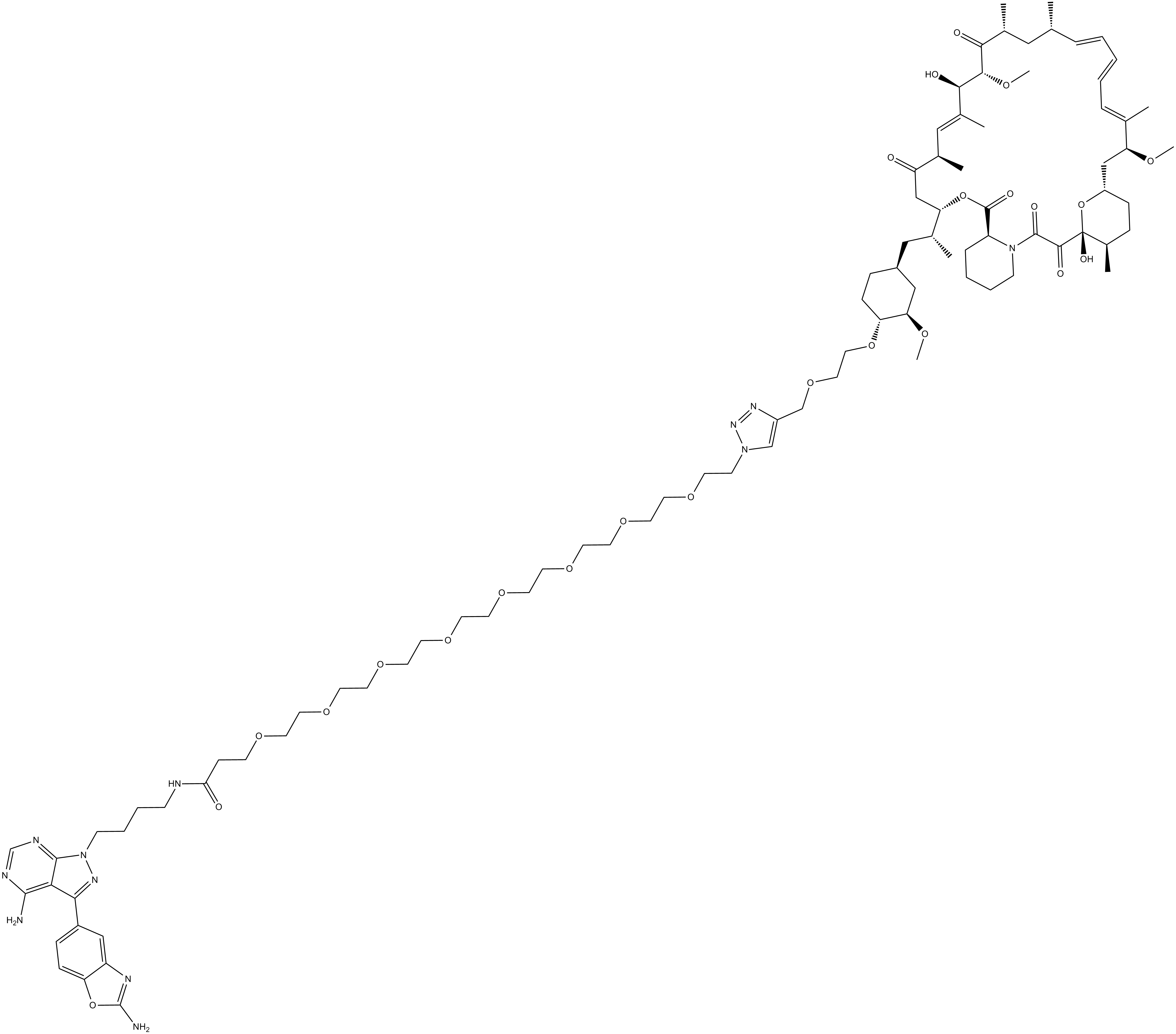 A8764 Rapalink-1Target: mTORSummary: third-generation mTOR inhibitor
A8764 Rapalink-1Target: mTORSummary: third-generation mTOR inhibitor

